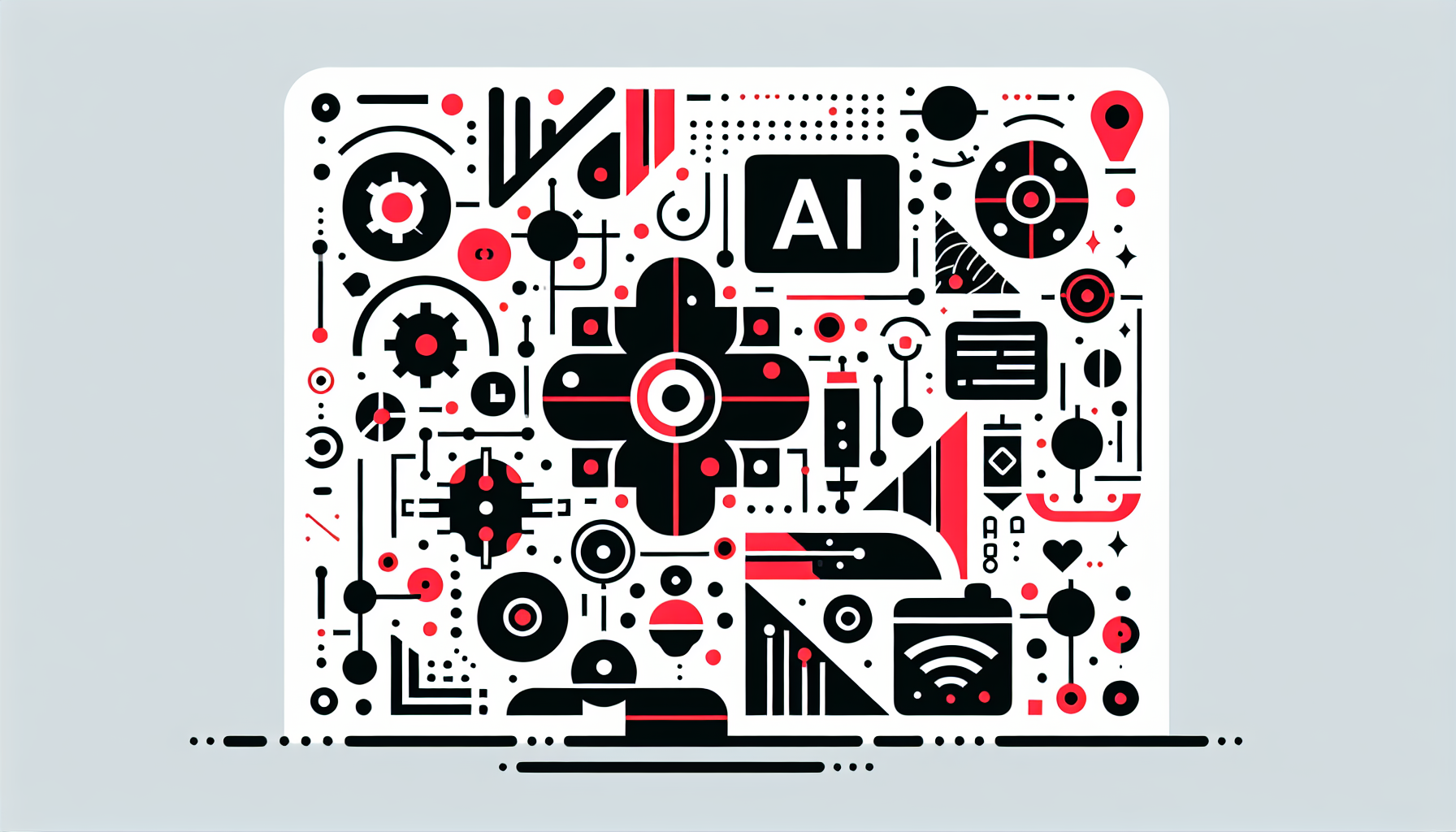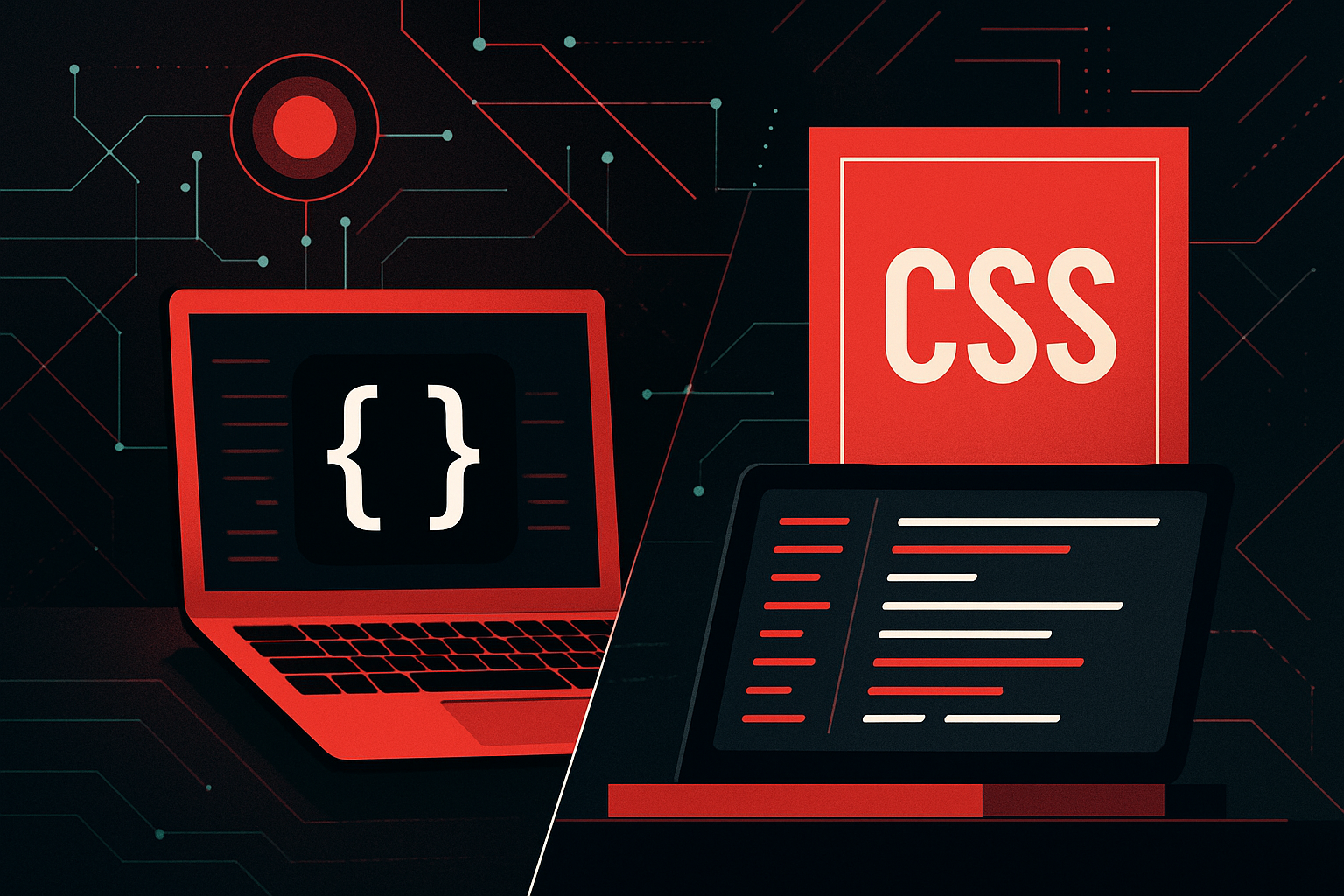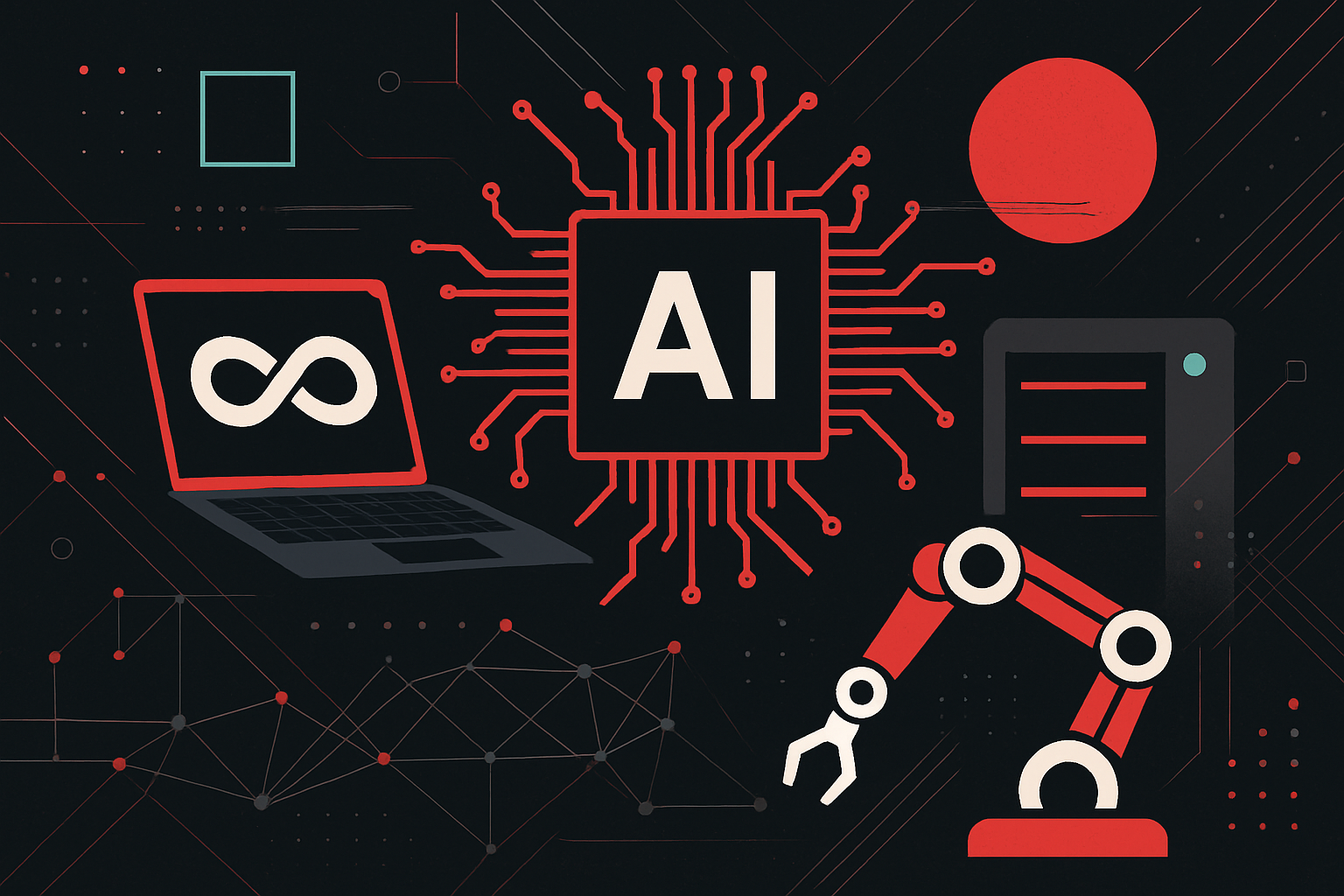The Role of AI in Transforming Healthcare Solutions

The Role of AI in Transforming Healthcare Solutions
In the grand tapestry of technological evolution, few threads are as vibrant or promising as that of artificial intelligence (AI) in healthcare. Much like the intricate lacework for which Belgium is renowned, the integration of AI into healthcare solutions demands precision, patience, and an artful touch. In this exploration, we delve into how AI is reshaping the landscape of healthcare, weaving together traditional medical practices with cutting-edge innovations.
A New Era of Diagnostics
Imagine a world where a cough or an unusual mole could be accurately diagnosed in seconds. AI has brought us closer to this reality, enhancing diagnostic precision akin to a master artisan refining each detail in a Flemish tapestry. AI algorithms, trained on vast datasets, can now detect patterns and anomalies in medical images with breathtaking accuracy.
Consider the following Python snippet that demonstrates a simplified model of image recognition using AI:
from tensorflow.keras.models import Sequential
from tensorflow.keras.layers import Dense, Conv2D, Flatten
# Create a simple CNN model
model = Sequential([
Conv2D(32, kernel_size=3, activation='relu', input_shape=(64, 64, 1)),
Flatten(),
Dense(128, activation='relu'),
Dense(1, activation='sigmoid')
])
# Compiling the model
model.compile(optimizer='adam', loss='binary_crossentropy', metrics=['accuracy'])
print("Model architecture:")
model.summary()
In this snippet, a convolutional neural network (CNN) is crafted with the care of a meticulous craftsman, its layers reminiscent of the structured complexity found in gothic cathedrals. Such models empower healthcare professionals, augmenting their ability to identify conditions like pneumonia or skin cancer swiftly and reliably.
Personalized Treatment Plans
The integration of AI into healthcare extends beyond diagnostics, offering the promise of personalized treatment plans. Just as a lace maker selects the finest threads for a bespoke design, AI analyzes patient data to tailor treatments that address individual needs. This approach not only improves outcomes but also enhances the patient’s journey, making it as unique as a handwoven Bruges lace.
Let’s explore how AI can assist in crafting personalized medication regimens through data analysis:
| Patient ID | Age | Condition | AI-Suggested Medication |
|---|---|---|---|
| 001 | 45 | Hypertension | Lisinopril, 10 mg |
| 002 | 52 | Diabetes | Metformin, 500 mg |
| 003 | 30 | Asthma | Salbutamol, 100 mcg |
These recommendations are born from algorithms that consider not just the condition, but the patient’s history, lifestyle, and even genetic markers—an intersection of technology and humanity that echoes through the ages.
AI-Powered Predictive Analytics
In the same way that Belgian architecture stands as a testament to foresight and planning, AI in healthcare heralds a new age of predictive analytics. AI systems can now predict patient deterioration, potential epidemics, or the likelihood of hospital readmissions with remarkable accuracy. This predictive prowess enables healthcare systems to optimize resources, reduce costs, and ultimately save lives.
Consider the following code snippet that illustrates a basic AI model for predicting patient readmission:
import numpy as np
from sklearn.model_selection import train_test_split
from sklearn.linear_model import LogisticRegression
# Generate dummy data
X = np.random.rand(100, 10) # Features
y = np.random.randint(2, size=100) # Binary target variable
# Split the data
X_train, X_test, y_train, y_test = train_test_split(X, y, test_size=0.2, random_state=42)
# Create and train a logistic regression model
model = LogisticRegression()
model.fit(X_train, y_train)
# Model accuracy
accuracy = model.score(X_test, y_test)
print(f"Model accuracy: {accuracy * 100:.2f}%")
This logistic regression model, though simple, embodies the profound potential of AI in predictive analytics, offering insights that can steer the course of healthcare delivery with the deftness of a seasoned navigator.
Conclusion
As we stand at the threshold of this transformative era, the role of AI in healthcare is akin to that of a skilled craftsman breathing life into raw materials. It bridges the timeless wisdom of traditional medical practices with the limitless possibilities of modern technology. In doing so, AI not only enhances the precision and efficiency of healthcare solutions but also enriches the human experience, much like the enduring beauty of Belgian art and architecture.
In embracing AI, we are invited to reimagine healthcare as a harmonious blend of art and science, where every innovation is underscored by a commitment to the well-being of humanity. And in this pursuit, we find a reflection of our own potential—a testament to what can be achieved when technology serves as the loom upon which the fabric of life is woven.





0 thoughts on “The Role of AI in Transforming Healthcare Solutions”